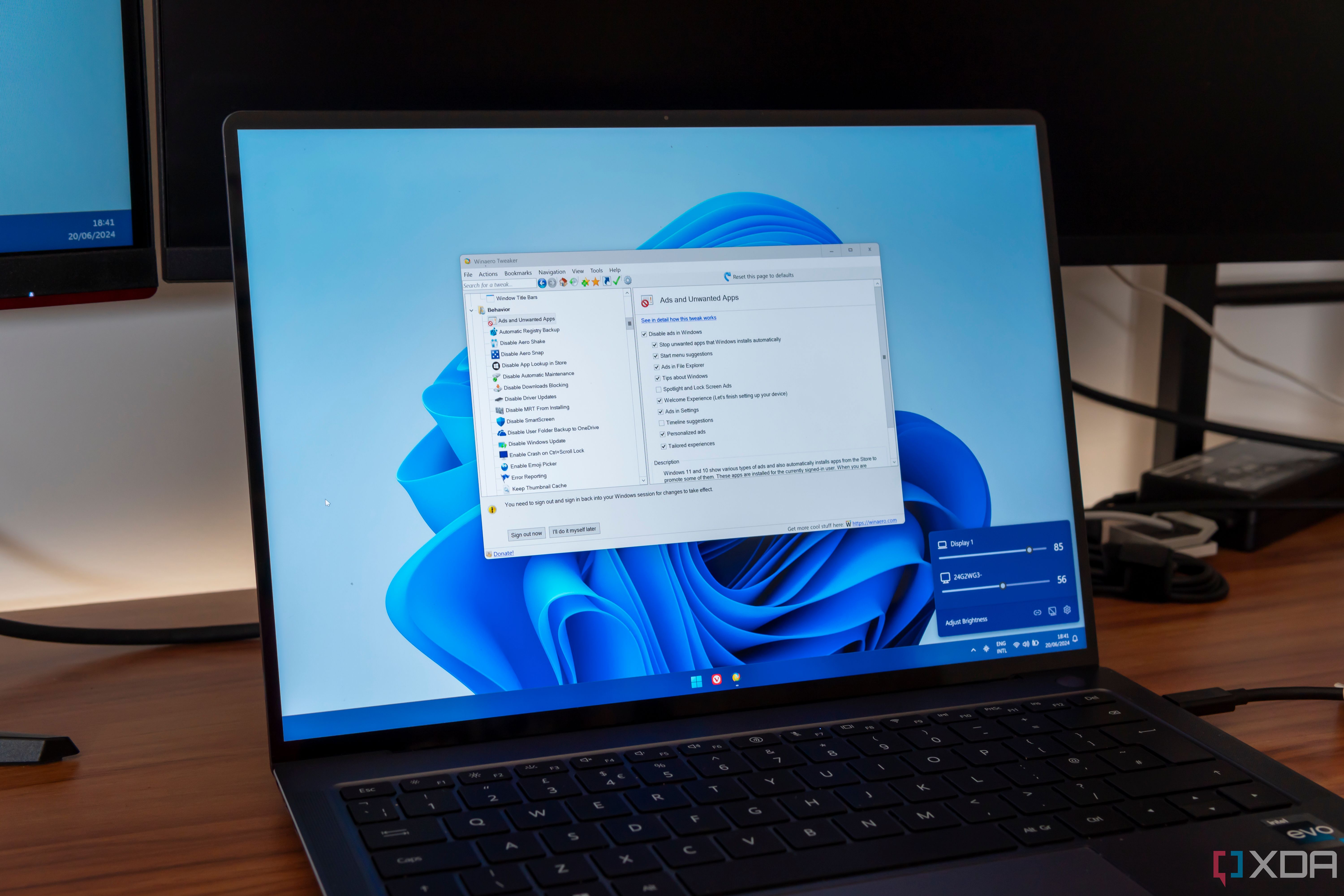- Microsoft removes guide on converting Microsoft accounts to Local, pushing for Microsoft sign-ins.
- Instructions once available, now missing - likely due to company’s preference for Microsoft accounts.
- People may resist switching to Microsoft accounts for privacy reasons, despite company’s stance.



To answer your first question, ALL of the mirrors are safe. The idea with mirrors is that you choose one that is geographically close to your location (same country, maybe the same region or state) to help reduce lag in downloading the files. Any selection is valid, all of the mirrors will have the same content, but for your location some mirrors may simply be faster or slower than others.
One other thing you might run in to is different types of installers. Some may be a very minimal install which only give you a command line, while others will provide a fully configured desktop. You might also see an option for a “Live” version – that is something you put on a bootable memory stick and you can test out a working version of the operating system without actually changing anything on your computer, but all of your settings will go away when you reboot.
I haven’t used Mint so I can’t provide specific info, however some things that are common to ANY linux desktop – You probably want to start with printer drivers (install CUPS) and some office software (install LibreOffice). For internet access, Firefox and Thunderbird are good choices. LicreOffice, Firefox, and Thunderbird can all also be used on Windows if you want to check them out ahead of time. There are many lists online that can point you to equivalent software, so like if you use Lightroom on windows, you might try Darkroom on linux. basically you just need to make a list of what Windows software you use and then install a similar package in linux.
Yes you will need some time to learn the new operating system and all the new software, very little will be 100% exactly the same, but they are “close enough”. You figured out how to use all these things once before, so you can do it again, and it will definitely be worth the effort.
The hard part is getting the software on a usb drive to use on the old laptop. I haven’t figured out what the instructions mean in order to implement. I have a lot of learning to do.
Don’t feel bad, that’s a shitty process even for those of us in IT. Sometimes it doesn’t work for certain models of memory sticks, sometimes something on the computer gets in the way of booting to the drive. I recently worked on some servers where I had to disable EFI, grab a 15 year old installer to get linux booted up on it, then switch to the newer installer to complete the process. So far Dell has been the worst (but also the most frequently used) I’ve had trouble with for getting linux installed. Unfortunately the solutions usually involve combinations of disabling EFI, changing the hard drive to a different mode, or even changing what mode the memory stick is booted with (all selected from within the BIOS at boot time), and it’s not always the same process even for the same release of a machine.
It’s not you, it’s Microsoft working with the manufacturers to make it difficult for people to switch.
Microsoft ignoring Linux exists is prime anticompetitive behavior. It causes problems that Linux installations have to go around. I learned that when installing a dual boot configuration.
I think more people would use Linux if it were a simpler process. The ones I know fed up with Microsoft have gone with Macbooks.
Just curious, but have you ever tried installing Windows from scratch on a new computer? I’m just wondering if your comparison of “simpler” is the same installation of both operating systems, or if you’re comparing something that somebody else set up for you to something you’re doing yourself?
And yeah, it DID used to be dead simple… throw in an installation media and boot up the machine. These days there’s so much garbage in the way that they’re complicated the whole process without much gain.
I do not believe so. I have only factory reset it.
I have. Used a disc and everything. It takes forever, but it’s pretty dead simple.
Back in the days when people still had floppies and cd drives in their computers, yeah things were dead-simple. You pop in a disk, format the hard drive, and walk away while the process completes. I miss that. The machines I’ve worked on in probably the last decade, it seems like I have to fight against the hardware every time I want to wipe the system or replace a failed drive. The last set of servers I got, I couldn’t figure out why the linux image (with full EFI settings) refused to even boot up properly. Turns out Dell had made these machines so you could easily boot a Windows installer from any of the external USB ports, but to install linux you had to use a hidden internal USB port. Once I found out about that then yeah the installation went as planned, but this is the kind of BS I’m referring to about manufacturers trying to prevent users from getting rid of Windows.
Ouch. Yeah, that’s ridiculous. I feel ya.
Wtf?
Apparently the port is optional but it makes me wonder what you would do if it wasn’t installed. Luckily it was there on all three of the machines I picked up from ebay.
They really ought to include this info about mirrors on their website. They have an aside about checking file hashes which can give paranoia to people who don’t know what’s going on.